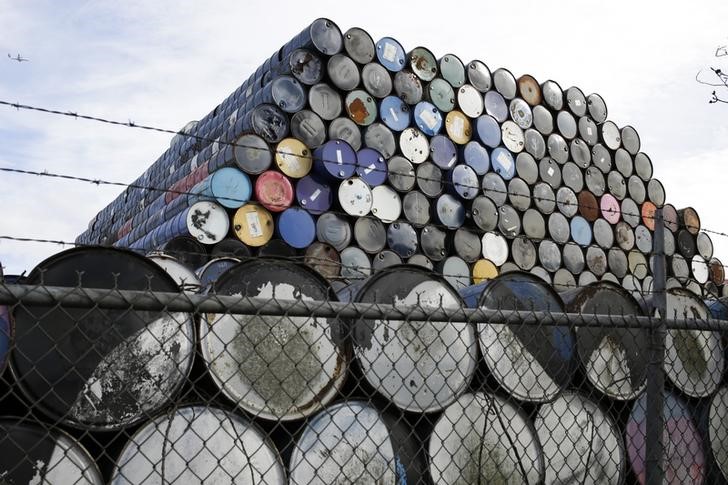The world’s largest group of oil producers, OPEC+, stuck to its guns on Saturday with another big increase of 411,000 barrels per day for July as it looks to wrestle back market share and punish over-producers.
Having spent years curbing production - more than 5 million barrels a day (bpd) or 5% of world demand - eight OPEC+ countries made an modest output increase in April before tripling it for May, June and now July.
They are spurring production despite the extra supply weighing on crude prices as group leaders Saudi Arabia and Russia seek to win back market share as well as punish over-producing allies such as Iraq and Kazakhstan.
"Today’s decision only goes to show that market share is on top of the agenda. If price will not get you the revenues you want, they are hoping that volume will," said analyst Harry Tchilinguirian of Onyx Captal Group. The eight countries held an online meeting on Saturday to set July production. They also discussed other options, an OPEC+ delegate said. On Friday, sources familiar with OPEC+ talks had said they could discuss an even larger hike.
In a statement OPEC+ cited a "steady global economic outlook and current healthy market fundamentals, as reflected in the low oil inventories" as its reasoning for the July increase.
OPEC+ pumps about half of the world's oil and includes OPEC members and allies such as Russia.
Its increased supply is weighing on crude prices, squeezing all producers, but some more than others, including a key group of rivals - U.S. shale producers, analysts say.
Algeria was among a small number of nations that requested a pause in the output hikes on Saturday, a source familiar with the matter said.
Global oil demand is expected to grow by an average of 775,000 bpd in 2025, according to a Reuters poll of analysts published on Friday, while the International Energy Agency in its latest outlook saw an increase of 740,000 bpd.






















